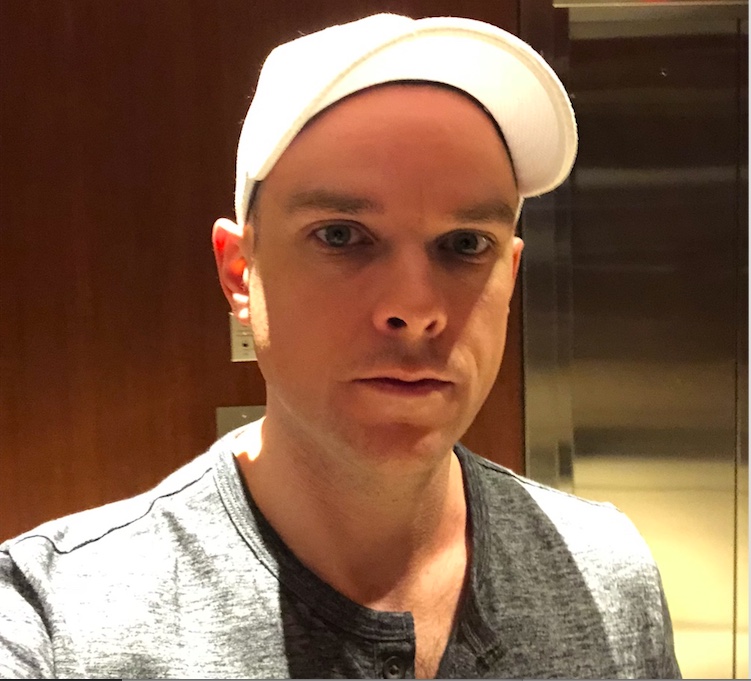
Preliminaries
Updated: Friday, February 17th, 2023, at 6:34 p.m. Waitara, New Zealand Time
Contents
Author
Author: Dr.9 Mattanaw, Christopher Matthew Cavanaugh, Retired
Interdisciplinarian with Immeasurable Intelligence. Lifetime Member of the High Intelligence Community.6
- Masters Business & Economics, Harvard University (In Progress)
- Attorney, Pro Se, Litigation, Trial, Depositions, Contracts (E.g. State of Alaska v. Pugh, et. al.)4
- B.S Psychology, University of Maryland, 4.0, Summa Cum Laude1
- B.S Computer & Information Science, University of Maryland, 3.91, Magna Cum Laude2
- B.A. Philosophy, University of Maryland.3
- G.E.D, State of Maryland, Montgomery County, 1999.
Former Chief Architect, Adobe Systems
Current President/Advisor, Social Architects and Economists International.
Contact:
Resumé
Edit History
- Updated: Friday, February 17th, 2023, at 6:34 p.m. Waitara, New Zealand Time
- Updated: Friday, September 9th, 2022, at 4:19 p.m. Vegas Time
- Draft Created: Sunday, July 10th, 2022
Introduction
In order to prepare the reader for the primary theses of the author’s new moral and ethical system of philosophy and science, it is necessary to first quickly and effectively eliminate certain erroneous but cherished assumptions people have at present, particularly those living in democratic nations.
For example, the present philosophy cannot be well understood, or interpreted, and perhaps communicated, without first:
- conveying that there is no human equality, in Abandoning Equality, and
- assuming that humans are animals fitting into the study of zoology, and larger encapsulating scientific disciplines (article coming soon), and
- that humans have certain important limitations, that are permanent, or imply learning and trainig needs Human Shortcomings.
Assumptions most people have, related to these topics need to be quickly challenged, in order for the reader to have a clearer perspective concerning the authors primary arguments/theses and moral-ethical system. Without these readings, it is anticipated the reader may have initial reactions to the primary material that is excessively intolerant, for being too attached and committed to ideas which have been heavily marketed to us while we were still young, into adulthood, without challenge.
In other words, these materials are of less importance to the author than later materials, being intended to prepare the reader for topics that are more important. Howver, they are important too, because they could alter the reader’s worldview dramatically, before even learning about the material that the author thinks is more important.
A fascinating aspect of this overall study of moral philosophy and ethics is that the author’s perspective is extremely divergent and different from what is traditional, because the author has not ever adopted certain perspectives that were accepted parts of tradition, that everyone seems to agree about. Having not shared with everyone key elements of their worldviews, his view is extremely dissimilar.
If readers were to accept his worldview, an he believes they will, over a long perio of time, they will not be at all in mindset like any person taken at random would be found to be. It is not an exaggeration to say that no-one has the author’s worldview, and that certain attitudes and perspectives that might be shared, would be found only infrequently and extremely rarely, and partialy, in minds taken at random from the public.

I am a retired executive, software architect, and consultant, with professional/academic experience in the fields of Moral Philosophy and Ethics, Computer Science, Psychology, Philosophy, and more recently, Economics. I am a Pandisciplinarian, and Lifetime Member of the High Intelligence Commmunity.
Articles on this site are eclectic, and draw from content prepared between 1980 and 2024. Topics touch on all of lifes categories, and blend them with logical rationality and my own particular system of ethics.
